Home>Gardening & Outdoor>Landscaping Ideas>What Grass Grows In North Carolina
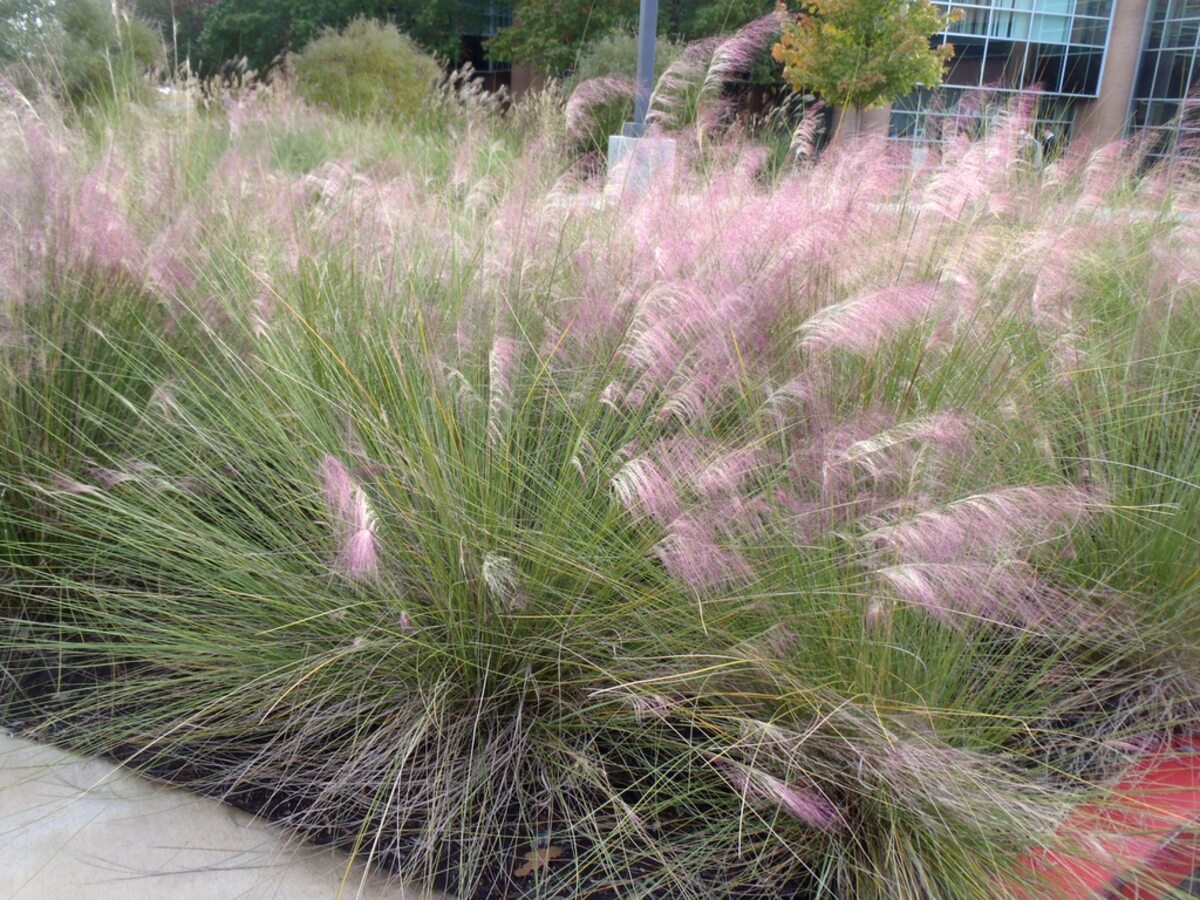

Landscaping Ideas
What Grass Grows In North Carolina
Modified: March 21, 2024
Discover the best landscaping ideas for North Carolina with our guide on the types of grass that thrive in the region. Create a lush and vibrant lawn with the perfect grass for your North Carolina landscape.
(Many of the links in this article redirect to a specific reviewed product. Your purchase of these products through affiliate links helps to generate commission for Storables.com, at no extra cost. Learn more)
Types of Grasses in North Carolina
When it comes to choosing the right type of grass for your North Carolina lawn, it's essential to consider the climate and soil conditions prevalent in the region. North Carolina's diverse geography and varying climate zones make it suitable for a range of grass species. Understanding the different types of grasses available can help you make an informed decision for a lush and healthy lawn.
1. Tall Fescue
Tall fescue is a popular cool-season grass that thrives in the transitional climate of North Carolina. Known for its deep green color and coarse texture, tall fescue is well-suited for lawns with moderate to high foot traffic. Its ability to withstand heat and drought makes it an excellent choice for homeowners seeking a low-maintenance grass option.
2. Bermuda Grass
Bermuda grass is a warm-season grass that flourishes in the hot and humid conditions of North Carolina's coastal and piedmont regions. With its fine texture and excellent heat tolerance, Bermuda grass is ideal for lawns, athletic fields, and golf courses. Its rapid growth and quick recovery from damage make it a resilient choice for high-traffic areas.
3. Zoysia Grass
Zoysia grass is another warm-season grass variety that performs well in North Carolina's climate. This grass type exhibits exceptional heat and drought tolerance, making it suitable for the state's coastal and piedmont regions. With its dense growth and ability to withstand heavy foot traffic, Zoysia grass is a popular choice for both residential and commercial landscapes.
4. Centipede Grass
Centipede grass is well-suited for the acidic, sandy soils commonly found in North Carolina. This low-maintenance, slow-growing grass variety thrives in the state's coastal plain and piedmont regions. Its light green color and minimal mowing requirements make it an attractive option for homeowners seeking a low-fuss lawn solution.
5. Kentucky Bluegrass
Kentucky bluegrass, a cool-season grass, is suitable for the mountainous regions of North Carolina. Known for its fine texture and rich green color, this grass type performs well in areas with cooler temperatures and ample moisture. While it may require more maintenance than warm-season grasses, Kentucky bluegrass can create a lush, picturesque lawn in the state's higher elevations.
Understanding the characteristics and growth requirements of these grass types can help you select the most suitable option for your North Carolina lawn. Whether you're aiming for a resilient warm-season grass or a vibrant cool-season variety, choosing the right grass can set the foundation for a healthy and visually appealing landscape.
Key Takeaways:
- Choose the Right Grass for Your North Carolina Lawn
North Carolina’s diverse climate and soil conditions make it suitable for various grass species. From heat-tolerant Bermuda grass to low-maintenance centipede grass, understanding the different types can help you create a lush and healthy lawn. - Maintain a Vibrant Lawn in North Carolina
Proper mowing, watering, fertilization, and pest control are essential for a thriving North Carolina lawn. By following these maintenance tips tailored to the state’s climate and grass varieties, you can nurture a resilient and visually appealing landscape.
Best Grasses for North Carolina Climate
Selecting the best grass for your North Carolina lawn involves considering the state's diverse climate and soil conditions. The varying geography and climate zones in North Carolina create an ideal environment for a range of grass species. Understanding the characteristics and growth requirements of different grasses can help you make an informed decision for a lush and healthy lawn.
-
Tall Fescue: Tall fescue is a top choice for North Carolina's transitional climate. Its deep green color and coarse texture make it well-suited for lawns with moderate to high foot traffic. This cool-season grass variety exhibits excellent heat and drought tolerance, making it an ideal low-maintenance option for homeowners.
-
Bermuda Grass: Thriving in the hot and humid conditions of North Carolina's coastal and piedmont regions, Bermuda grass is a popular warm-season grass. Its fine texture and exceptional heat tolerance make it suitable for lawns, athletic fields, and golf courses. The rapid growth and quick recovery from damage make it a resilient choice for high-traffic areas.
-
Zoysia Grass: Another warm-season grass variety, Zoysia grass, performs well in North Carolina's climate. With exceptional heat and drought tolerance, it is suitable for the state's coastal and piedmont regions. Its dense growth and ability to withstand heavy foot traffic make it a popular choice for both residential and commercial landscapes.
-
Centipede Grass: Well-suited for the acidic, sandy soils commonly found in North Carolina, centipede grass is a low-maintenance, slow-growing grass variety. It thrives in the state's coastal plain and piedmont regions, with its light green color and minimal mowing requirements making it an attractive option for homeowners seeking a low-fuss lawn solution.
-
Kentucky Bluegrass: This cool-season grass is suitable for the mountainous regions of North Carolina. Known for its fine texture and rich green color, Kentucky bluegrass performs well in areas with cooler temperatures and ample moisture. While it may require more maintenance than warm-season grasses, it can create a lush, picturesque lawn in the state's higher elevations.
Understanding the unique characteristics and growth requirements of these grass types is crucial in selecting the most suitable option for your North Carolina lawn. Whether you prefer a resilient warm-season grass or a vibrant cool-season variety, choosing the right grass can set the foundation for a healthy and visually appealing landscape.
Maintenance Tips for North Carolina Grasses
Maintaining a healthy and vibrant lawn in North Carolina requires a proactive approach to lawn care. By implementing the following maintenance tips, you can ensure that your grass thrives in the varying climate and soil conditions of the state.
Regular Mowing
Proper mowing is essential for the health of your lawn. For cool-season grasses such as tall fescue and Kentucky bluegrass, maintain a mowing height of 2.5 to 3.5 inches. Warm-season grasses like Bermuda grass and Zoysia grass should be mowed at a height of 1 to 2 inches. Avoid cutting more than one-third of the grass blade length at a time to prevent stress and maintain optimal growth.
Read more: When To Sow Grass Seed In North Carolina
Adequate Watering
In North Carolina, the climate can vary from the mountains to the coast, impacting the water needs of different grass species. For cool-season grasses, water deeply but infrequently, providing around 1 to 1.5 inches of water per week. Warm-season grasses require approximately 1 inch of water per week. To promote deep root growth, water your lawn in the early morning to minimize evaporation.
Fertilization
Applying the right type and amount of fertilizer is crucial for the overall health and vigor of your grass. Conduct a soil test to determine the specific nutrient needs of your lawn. For cool-season grasses, fertilize in the fall and spring with a balanced fertilizer. Warm-season grasses benefit from fertilization during their active growing season, typically from late spring to summer.
Weed Control
Weeds can compete with grass for essential nutrients and water, impacting the overall appearance of your lawn. Implement a proactive weed control strategy by applying pre-emergent herbicides in the early spring to prevent weed seeds from germinating. For existing weeds, consider spot-treating with post-emergent herbicides to maintain a weed-free lawn.
Aeration
Regular aeration helps alleviate soil compaction and promotes better air, water, and nutrient penetration to the grassroots. For cool-season grasses, aerate in the fall, while warm-season grasses benefit from aeration in the late spring to early summer.
Read more: What Grass Grows Best In South Carolina
Pest and Disease Management
Monitor your lawn for signs of pests and diseases, such as grubs, armyworms, and fungal infections. Implement integrated pest management practices and promptly address any issues to prevent extensive damage to your grass.
By following these maintenance tips tailored to North Carolina's climate and grass varieties, you can nurture a resilient and visually appealing lawn that enhances the beauty of your outdoor space. Regular maintenance not only promotes the health of your grass but also contributes to a sustainable and thriving landscape.
Common Lawn Problems in North Carolina
Maintaining a lush and healthy lawn in North Carolina comes with its fair share of challenges, as the state's diverse climate and soil conditions can give rise to various lawn problems. Understanding these common issues and implementing proactive measures is essential for preserving the vitality and aesthetic appeal of your grass.
1. Weed Infestation
Weeds such as crabgrass, dandelions, and clover can quickly invade North Carolina lawns, competing with grass for essential nutrients and water. The warm and humid climate in the state provides an ideal environment for weed growth. Implementing a robust weed control strategy, including pre-emergent herbicide applications and regular lawn maintenance, is crucial for preventing and managing weed infestations.
2. Fungal Diseases
The humid conditions in North Carolina can contribute to the development of fungal diseases such as brown patch and dollar spot in lawns. These diseases can cause unsightly brown patches and affect the overall health of the grass. Proper lawn care practices, including adequate air circulation, proper watering, and timely fungicide applications, can help mitigate the risk of fungal diseases and preserve the vigor of the lawn.
3. Insect Infestations
Insects such as grubs, armyworms, and chinch bugs pose a significant threat to North Carolina lawns, feeding on grass roots and causing extensive damage. Regular monitoring for signs of insect activity and implementing integrated pest management techniques can help prevent and address insect infestations effectively.
4. Soil Compaction
Heavy foot traffic, construction activities, and natural settling over time can lead to soil compaction, restricting the movement of air, water, and nutrients within the soil. Aerating the lawn to alleviate soil compaction and promote healthy root growth is essential for maintaining the overall vitality of the grass.
5. Improper Watering
Inconsistent or improper watering practices can lead to issues such as shallow root growth, drought stress, and susceptibility to diseases. Understanding the specific water needs of different grass species and adhering to proper watering schedules can help mitigate common problems associated with inadequate or excessive moisture.
6. Poor Soil Quality
The varying soil types across North Carolina, including sandy soils in coastal areas and clay soils in the piedmont region, can impact the health and growth of grass. Conducting soil tests and implementing soil amendments as needed can improve soil quality and create an optimal environment for healthy grass growth.
By addressing these common lawn problems through proactive maintenance, targeted treatments, and a deep understanding of North Carolina's climate and soil conditions, homeowners can nurture vibrant and resilient lawns that enhance the beauty of their outdoor spaces. Regular monitoring and timely interventions are key to overcoming these challenges and fostering a thriving and visually appealing landscape.
Frequently Asked Questions about What Grass Grows In North Carolina
Was this page helpful?
At Storables.com, we guarantee accurate and reliable information. Our content, validated by Expert Board Contributors, is crafted following stringent Editorial Policies. We're committed to providing you with well-researched, expert-backed insights for all your informational needs.
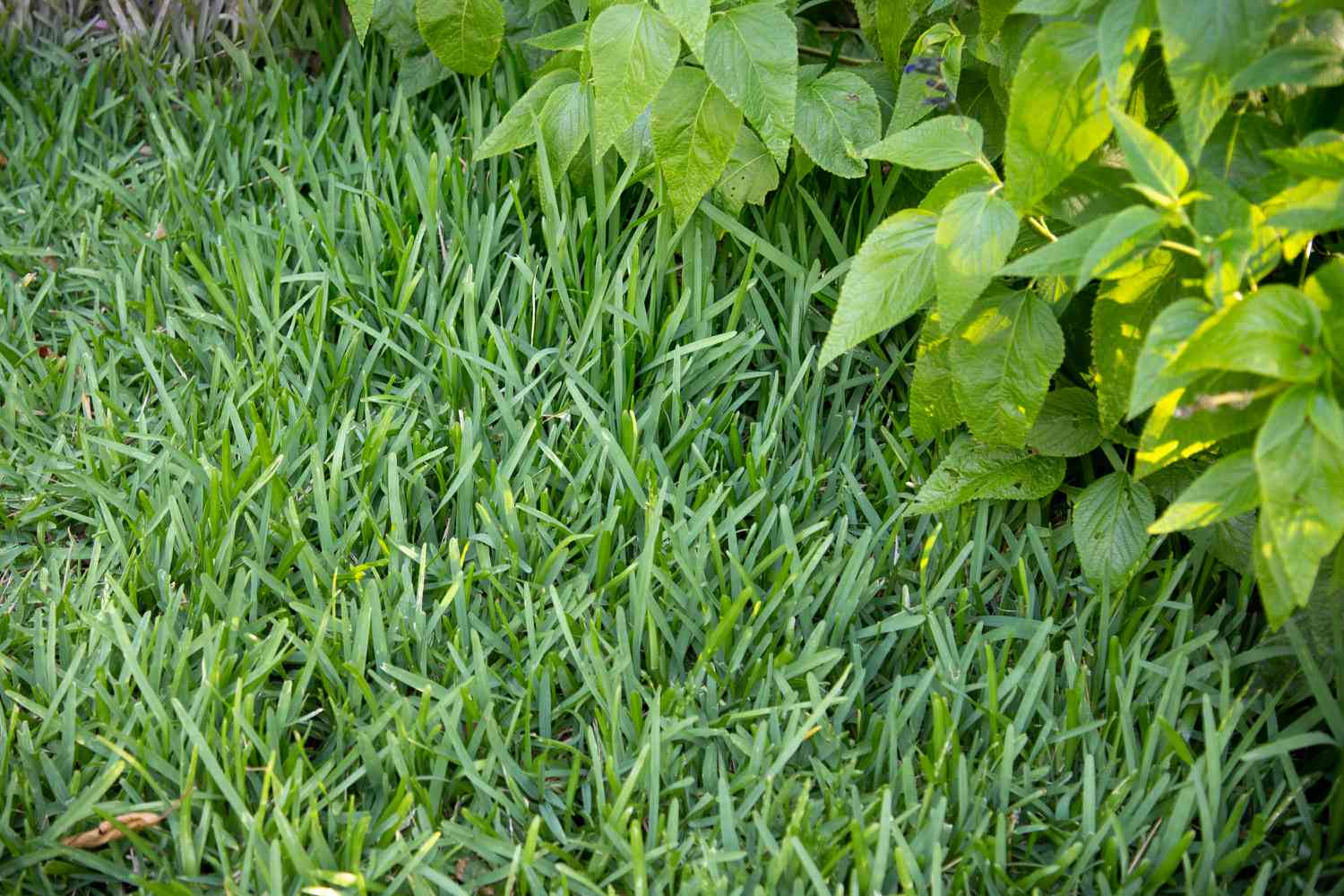
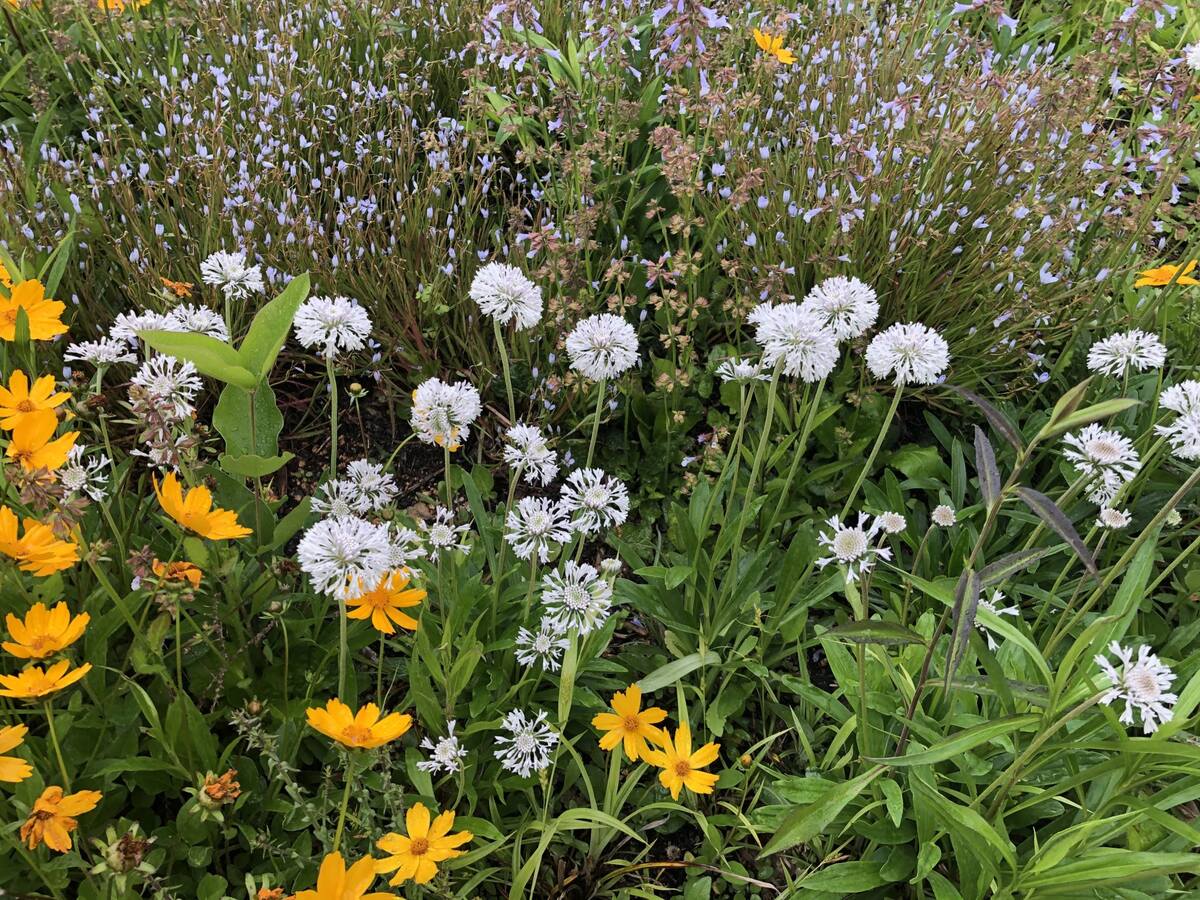
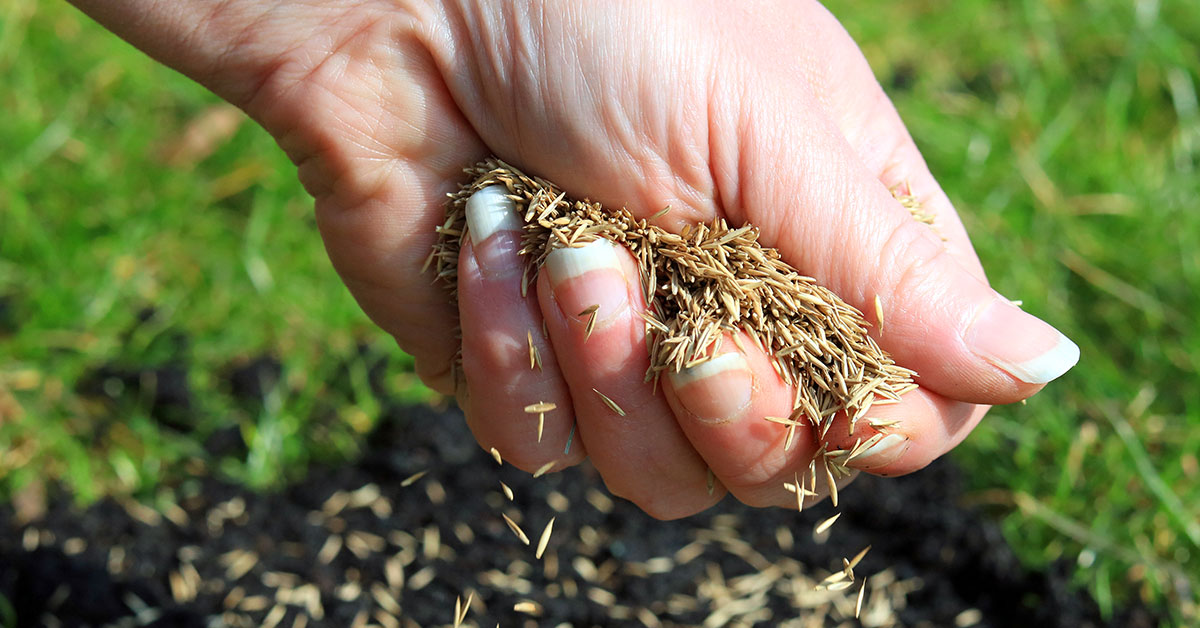
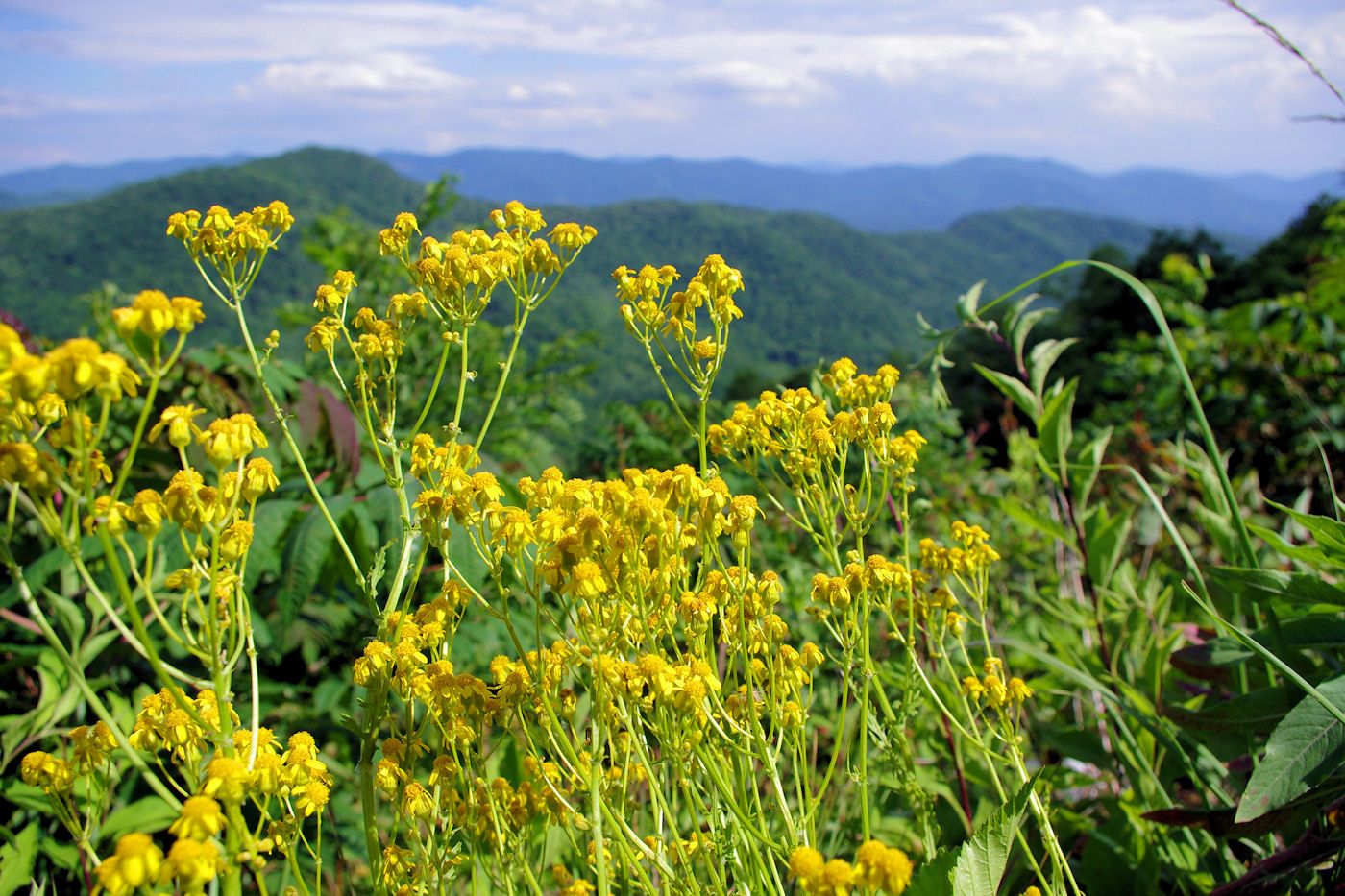
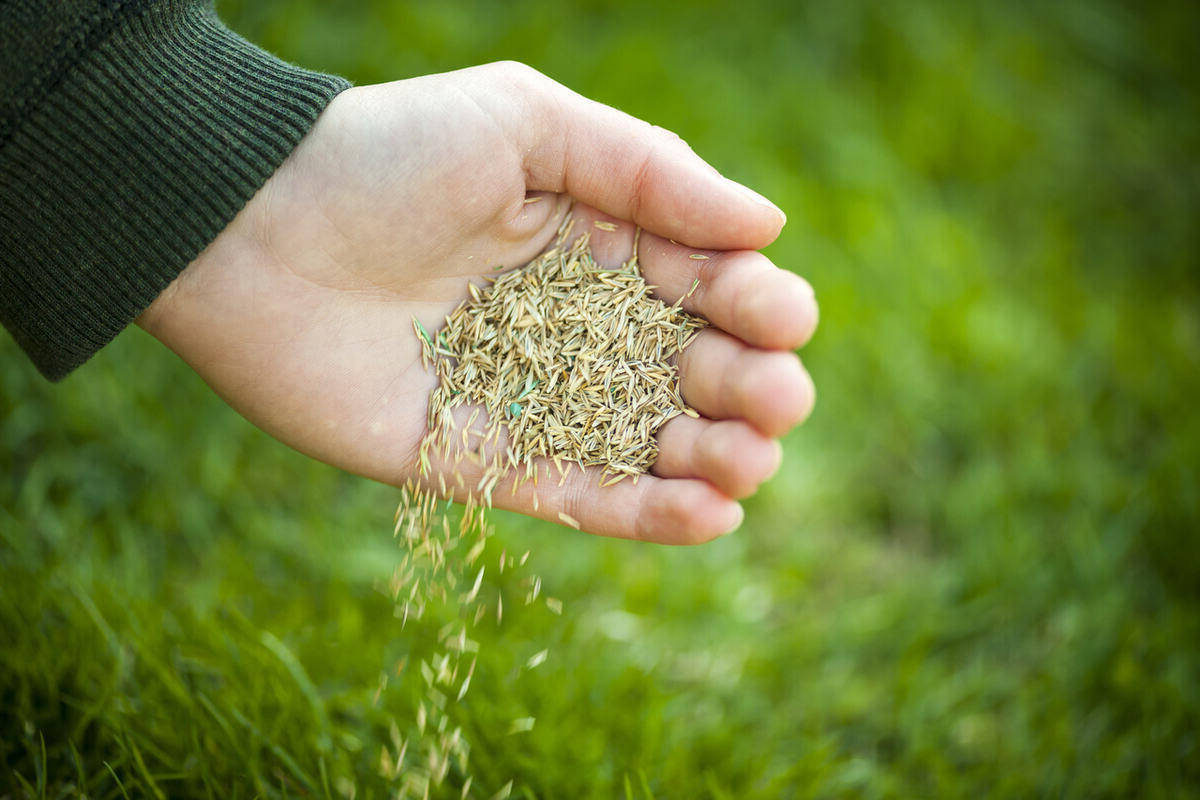

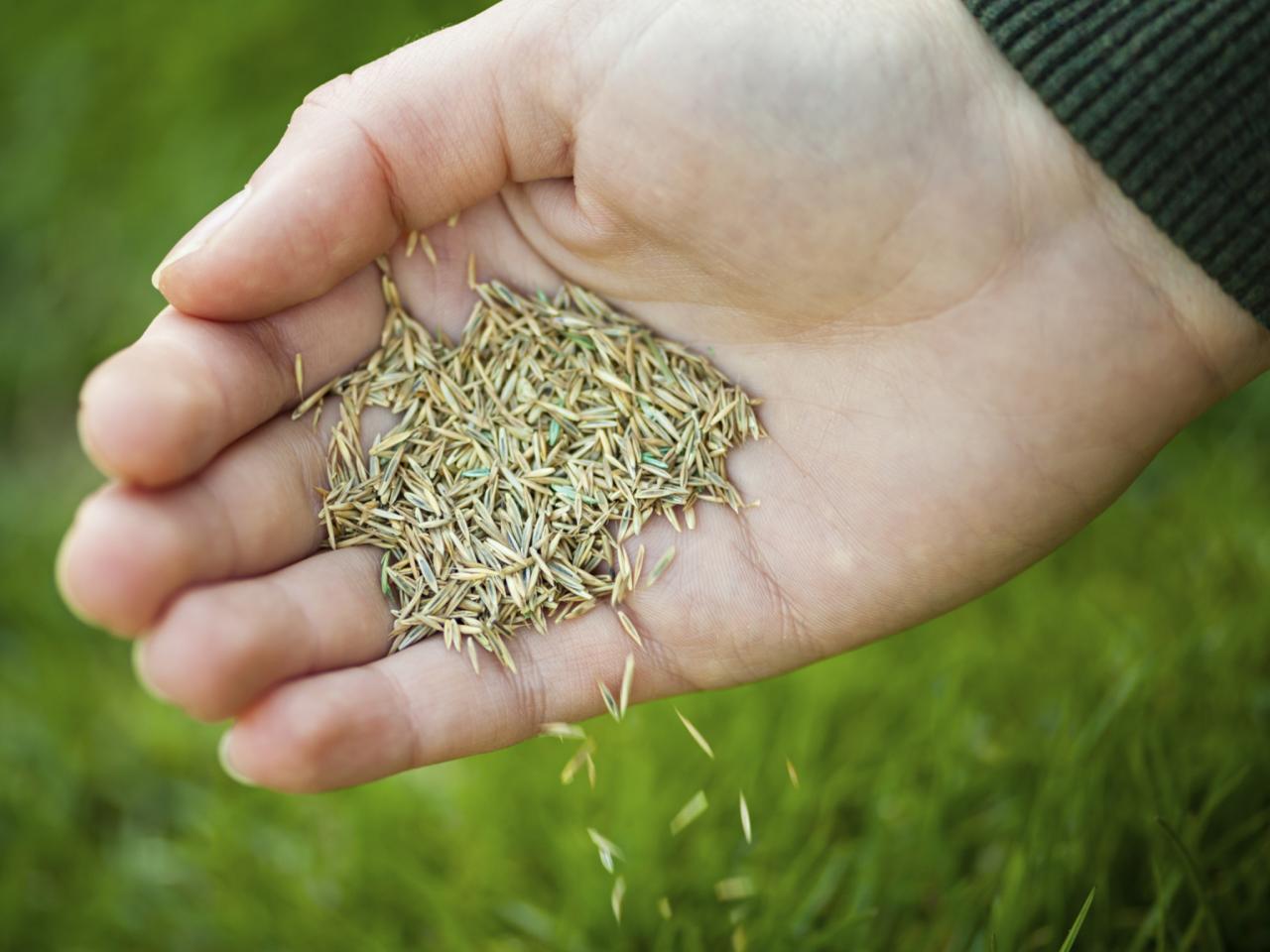



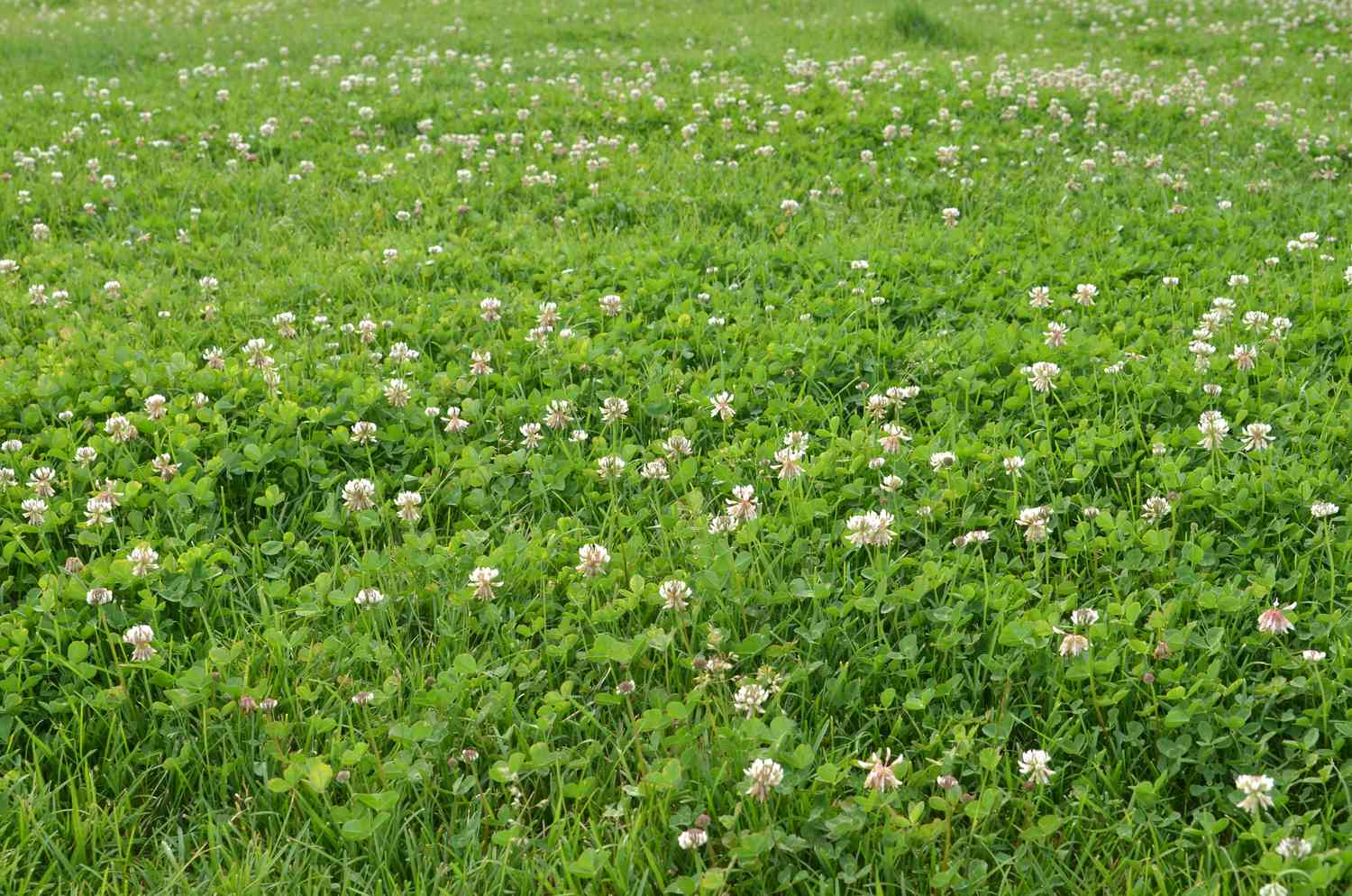

0 thoughts on “What Grass Grows In North Carolina”